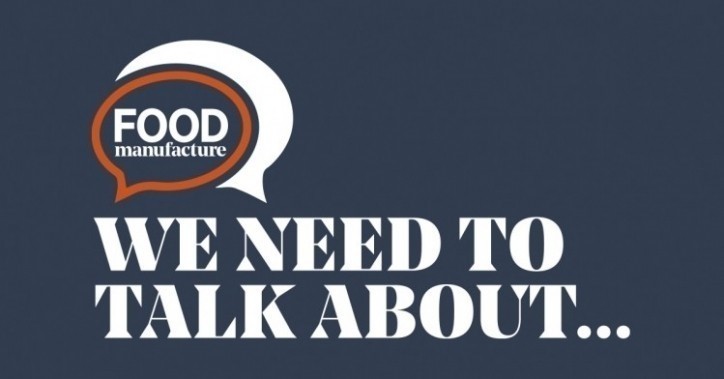We need to talk about ...
The fallout from the latest phase of post-Brexit border controls

It’s more than three years since the EU introduced controls on UK exports. Finally, we have just begun the much-anticipated phase two of border controls for GB imports from the EU.
The food industry is poised for what comes next.
Until about three weeks ago, importers didn’t know what charges they would face at Border Control Points (BCPs) or what they would cover. Since then, we have seen fees posted for the only operational Government-run BCP (the Common User Charge or CUC levelled at Dover/Eurotunnel) and associated Sanitary and Phytosanitary (SPS) check point for products of animal origin: Sevington.
The CUC depends on a product’s risk category and is charged per commodity line, capped at five lines. £29 for per medium-risk animal-based food, £10 per low-risk item. One thing to note is all five lines in mixed loads are charged at the rate of the highest risk product. For example, if an importer transports a load containing mostly low-risk products (most dairy) and only one medium-risk line, the medium-risk rate applies to all five commodity lines (a total of £145).
While fees for running BCPs apply to all loads passing through them, separate amounts apply for SPS inspections. For Sevington, in addition to exceptional charges, those fees are on the Ashford Borough Council website and are mainly weight-based.
All this only applies to Government-run BCPs. Privately-run BCPs – the vast majority across the UK – will charge varying fees for operations and inspections. Some may not be capped. Government advice is to contact Port Health Authorities (PHAs) directly for more information, including those responsible for GB West Coast ports handling dairy imports from the island of Ireland, for which controls and charges don’t yet apply. Many other BCPs have posted their fees online. The question is: will BCP and Port Health Authority (PHA) staff cope once queries about digital documentation and inspections accumulate?
It’s unclear whether hauliers will be told to attend SPS inspections in good time and what happens if they don’t.
Before arriving at BCPs, legal wording requires importers to pre-notify them one working day before arrival (except for plants and plant-based products). They are therefore encouraged to contact local authorities responsible for BCPs for opening hours ahead of time. One working day may mean if the message doesn’t arrive until five minutes past five on a Friday for a BCP that is not open at weekends, consignments may be detained until Monday. Derogations of as little as 4 hours’ notice can be secured only by local authority permission.
Delays and costs could easily soar, which could well prevent small to medium-sized enterprises from exporting into GB.
Some argue this strengthens domestic producers against overseas competition and finally redresses the imbalance in border costs between the EU and GB. There’s some truth to this in cases of direct competition. Where products are complementary or have no UK equivalents, it’s hard to see how the system won’t reduce choice and increase prices for consumers. Fees for bulk ingredients shipped into the UK could also increase costs for UK finished product manufacturers.
The Government claims it has robust research suggesting the net increase to food prices would be 0.2%, which could easily be absorbed by the food chain. Without seeing how these calculations have been made, it’s hard to know, especially because they were made when full details of private BCP charges were unknown, how accurate they are.
Industry is holding its breath. Here’s hoping teething problems are minimised.
In other news, a beef farm in Kent has been fined £12k after a Health and Safety Executive visit identified multiple serious health and safety breaches.
















